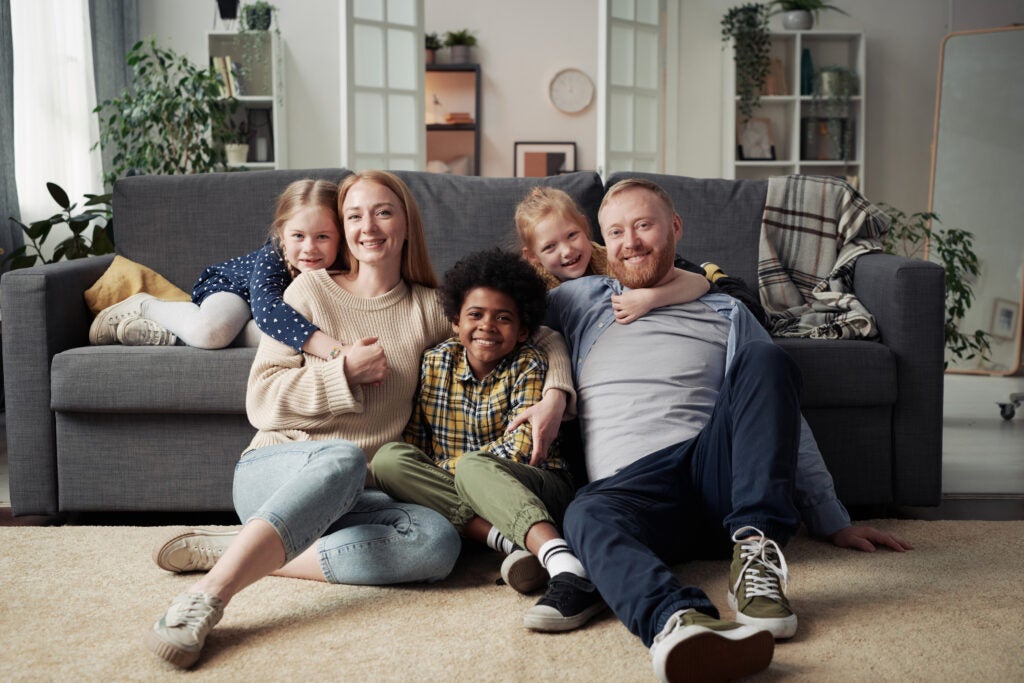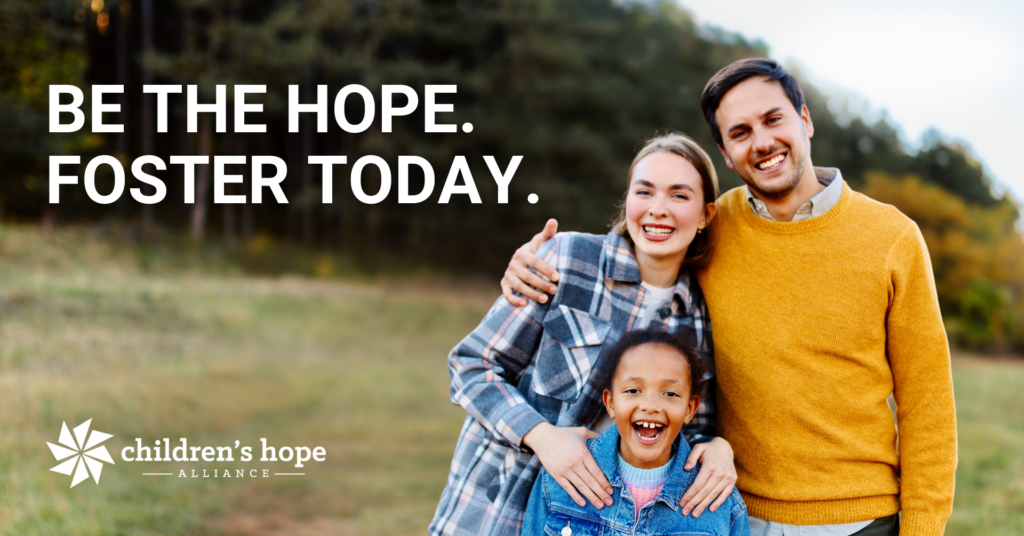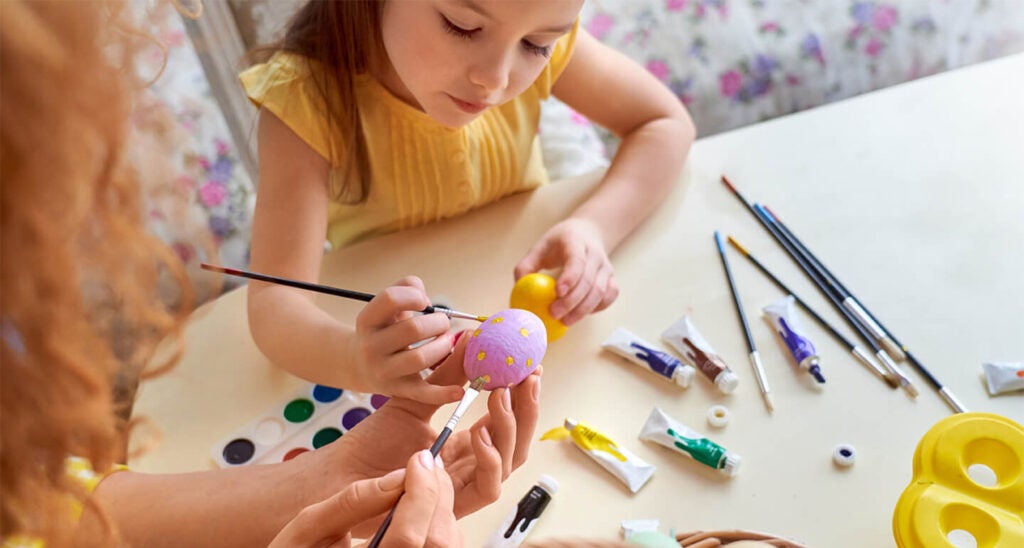
Becoming a Foster Parent

What is a Foster Parent?
Every child deserves a safe, loving home. A foster parent is someone who temporarily cares for children who cannot live with their birth parents due to abuse, neglect, or other issues. Foster parents are licensed to provide a safe and nurturing environment, meeting the child’s daily needs, taking them to medical appointments, supporting their education, and offering emotional support.
Our agency ensures that foster parents receive all the necessary training and individual support throughout their fostering journey to ensure the process is in the best interest of the child and the family.
Who Can Be a Foster Parent?
Foster parents do not fit into a one-size mold. They are young and old, married and single, experienced parents and new ones. But all foster parents share a dedication to helping their community and the children in it by providing a safe home and support for foster youth.
Today we are looking for individuals who are prepared to provide the opportunity of safe and loving healing to a child in need. You only need to have a reliable source of income, a safe home with an extra room, and the ability to adapt to the inevitable challenges of fostering!

Foster Parent Support
One of the best ways to help children heal is to support the foster families providing loving homes for them. When you decide to foster through Children’s Hope Alliance, you’re never alone.
Experienced and committed foster care staff will help you navigate your foster care journey starting from the moment you apply. Our foster families have access to a robust array of nearly 30 specialized services, including:
Outpatient Therapy
Child ACTT Services
Community-Based Services
Training
24-Hour Support
Respite Services
Outpatient Therapy
Child ACTT Services
Community-Based Services
Training
24-Hour Support
Respite Services
We are dedicated to ensuring that every foster parent is equipped with the resources and support they need to provide a loving, supportive environment for the children in their care. Our comprehensive approach focuses on empowering foster parents with the tools and guidance necessary to meet the unique needs of each child.
Matching with Licensed Families
Preparation and Resources
Ongoing Training and Development
Case Manager Support
Teaching Family Model
24/7 Support and In-Home Visits
Therapeutic Services
Comprehensive Support
Matching with Licensed Families
Preparation and Resources
Ongoing Training and Development
Case Manager Support
Teaching Family Model
24/7 Support and In-Home Visits
Therapeutic Services
Comprehensive Support
Matching with Licensed Families
Preparation and Resources
Ongoing Training and Development
Case Manager Support
Teaching Family Model
24/7 Support and In-Home Visits
Therapeutic Services
Comprehensive Support
Christina’s Story
Meet Christina, a foster child whose life changed forever when she found a loving family. Watch the video to learn more about her inspiring story and the joy of her new beginning with her caring foster parents.
How to Start the Fostering Process
Becoming a foster parent is a significant decision, but the first step is simply learning more about fostering. Children’s Hope Alliance is your partner on this journey. Please watch the video below to learn more about the fostering process.
To get started on the fostering process, speak one-on-one with a Children’s Hope Alliance Recruiter/Trainer, who will help you navigate the next steps, which will include Foster Parent training and a home assessment.
Types of Foster Care
Children’s Hope Alliance offers different levels of foster care that provide for the needs of each foster child. Foster parents can choose the commitment that works best for them, whether that’s the low intensity of family foster care or more specialized therapeutic, family-style treatment within our Intensive Alternative Family Treatment (IAFT) program.
By providing optimal foster parent training and support through our family-centric model, we ensure foster parents are prepared to support their foster children, no matter what challenges arise.

Family Foster Care
Our Family Foster Care Program offers a safe and loving environment for children in need of temporary care. We provide foster families with the training and support necessary to ensure each child feels secure and valued. Our services include ongoing support, educational advocacy, and collaboration with birth families to help children find stability and achieve permanency.

Therapeutic Foster Care
Our Therapeutic Foster Care Program is often the first safe haven some children have ever known. We specially train and monitor our foster families to ensure every child in need has a safe and loving place to call home. We offer 24/7 support, respite care, and a myriad of additional resources to our Foster Parents to ensure you are able to care for both yourself, your families and any child placed in your home.

Intensive Alternative Family Treatment (IAFT)
IAFT provides specialized training to professional foster parents so they can offer therapeutic, family-style treatment to foster youth. IAFT is a placement option for foster children who are difficult to place elsewhere because of past treatment failures, significant behavioral and emotional challenges, or the need for out-of-home care.

Foster Care FAQs
What are the requirements to be a foster parent?
In North Carolina, eligible foster parents must:
– Be 21+ years old
– Provide a stable, drug-free home
– Have a reliable income
– Be open to a criminal records check and being fingerprinted
– Complete training required by the state
– Be licensed by the state
Will I be able to take a break from caring for a foster child?
Yes, you will be able to take a break from caring for a foster child—in fact, we encourage you to do so! Children’s Hope Alliance provides respite care to foster parents so that they can have time away from the foster child to re-energize.
Will I meet the foster child’s family?
While it depends on the situation, most foster parents do engage with the foster youth’s birth family. Through scheduled visitations, foster children are able to stay connected with their families, which we always encourage when it’s best for the child.
Will I have a choice about which child is placed in my home?
The fostering process is collaborative in that you can identify a specific age group, as well as those behavioral and/or medical needs you believe your skill set would best serve. Our intake coordinator will do their utmost to identify youth that would be the best fit for your home. With that said, we may present youth to you that we feel would be a great fit for your home, even if they are outside of your set preferences.
How great is the need for foster parents?
There are more foster children in need of homes than there are foster homes in which to place them, so the need for foster parents in North Carolina is great. If you feel called to serve but have more questions, please download our free Foster Parent Guide.
















